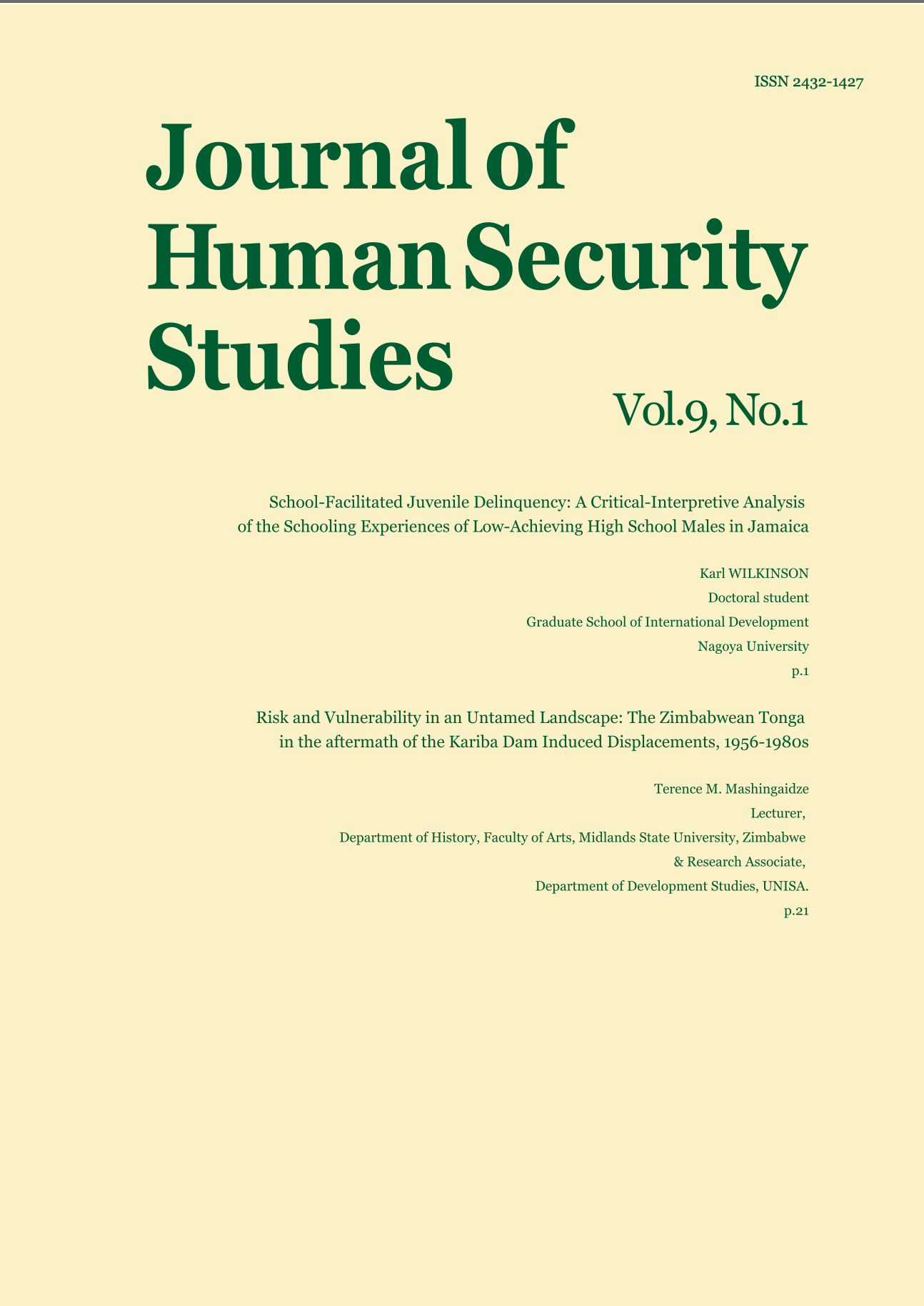5 巻, 2 号
選択された号の論文の7件中1~7を表示しています
- |<
- <
- 1
- >
- >|
-
2020 年 5 巻 2 号 p. 82-99
発行日: 2020年
公開日: 2020/08/28
PDF形式でダウンロード (274K) -
2020 年 5 巻 2 号 p. 100-122
発行日: 2020年
公開日: 2020/08/29
PDF形式でダウンロード (274K) -
2020 年 5 巻 2 号 p. 123-141
発行日: 2020年
公開日: 2020/08/29
PDF形式でダウンロード (1011K) -
2020 年 5 巻 2 号 p. 142-163
発行日: 2020年
公開日: 2020/08/29
PDF形式でダウンロード (432K) -
2020 年 5 巻 2 号 p. 164-184
発行日: 2020年
公開日: 2020/08/29
PDF形式でダウンロード (321K) -
2020 年 5 巻 2 号 p. 185-203
発行日: 2020年
公開日: 2020/08/29
PDF形式でダウンロード (855K) -
2020 年 5 巻 2 号 p. 204-208
発行日: 2020年
公開日: 2020/08/29
PDF形式でダウンロード (169K)
- |<
- <
- 1
- >
- >|
